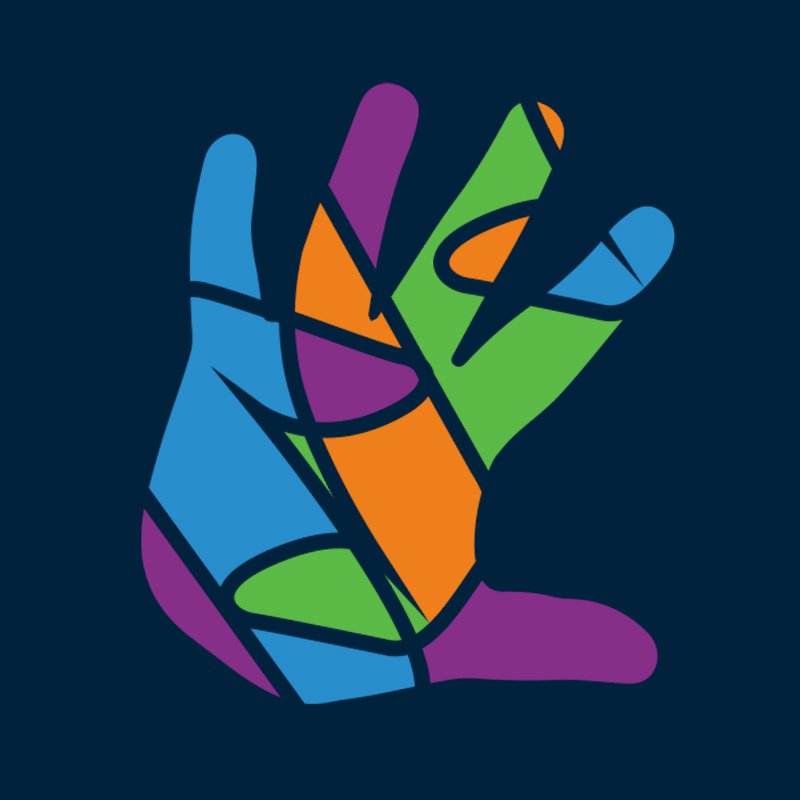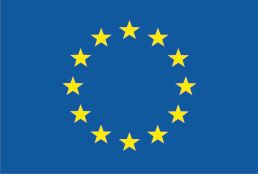
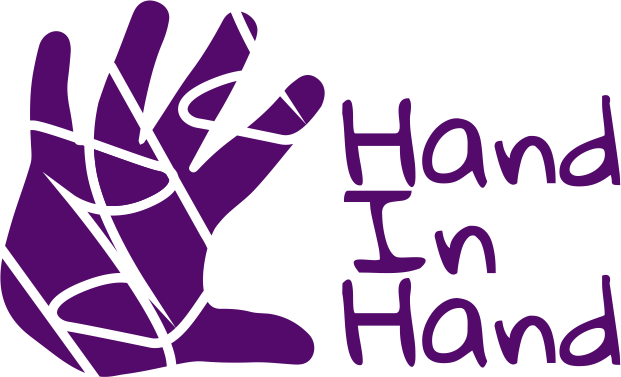


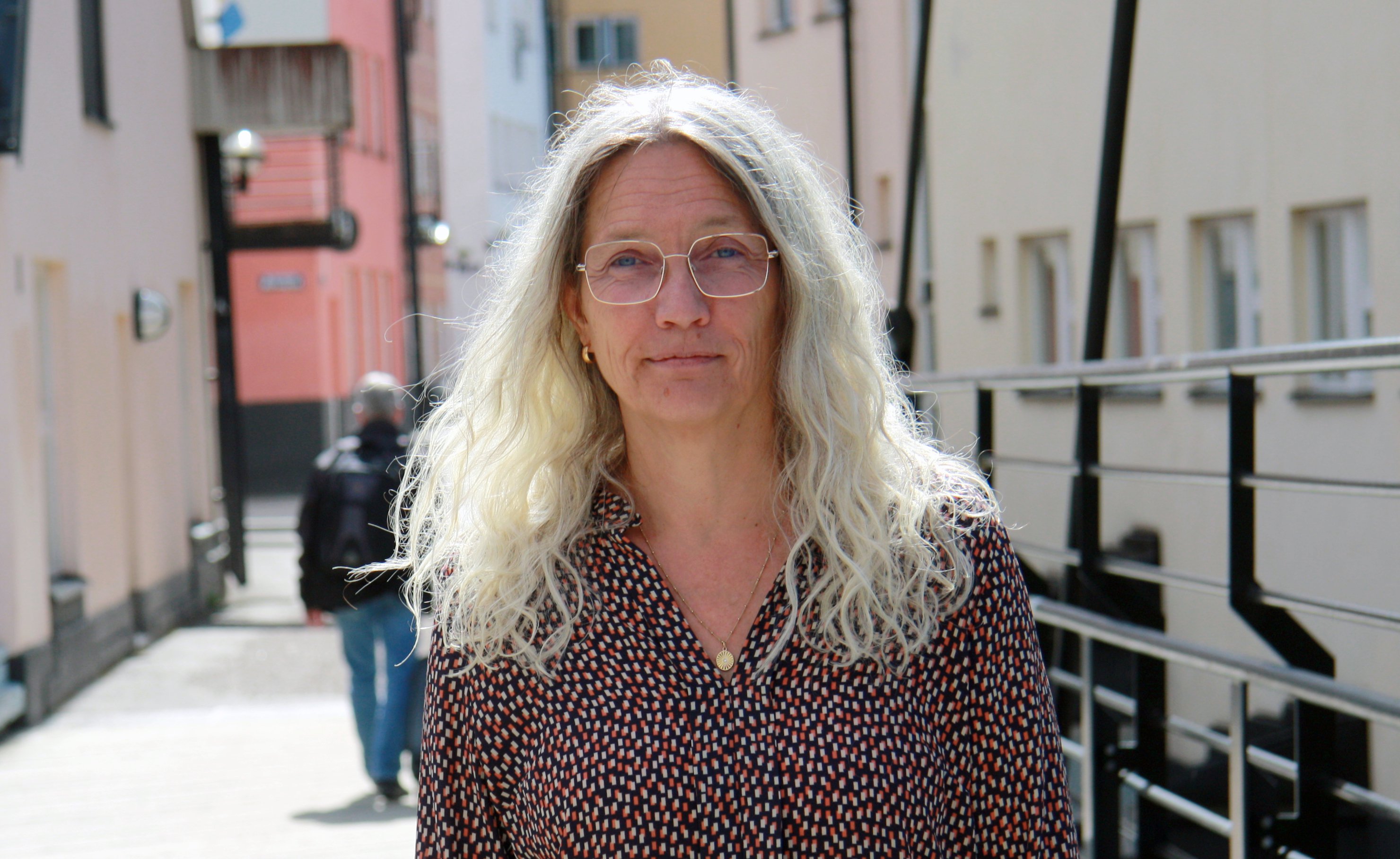
Helene Dahlström shared with us her thoughts and ideas on the importance of the diversity awareness component in the project and training program.
Introducing the HAND:ET Consortium & SEDA competencies is a series of web articles that will be regularly shared via HAND:ET web site and social media channels (FB, TW). We want to present the project partners through short interviews with members of the project teams on the topics from the field of their expertise that is also connected to and relevant for the HAND:ET project main theme: social and emotional competencies and diversity awareness (SEDA) and empowering teachers in schools.
MIUN was also part of the HAND IN HAND: Social and Emotional Skills for Tolerant and Non-discriminative Societies – A Whole School Approach (HAND) project which was recognized as one of the ten most relevant EU projects addressing teachers’ and school leaders’ more attractive career paths and is a predecessor of the HAND:ET project. Emphasis there was on building and supporting inclusive learning environments as a support to increase in migration to Europe and it was based on the social and emotional learning in combination with inter(trans)cultural competencies and whole-school approach.
In the HAND:ET project we can recognize the shift of the focus to supporting and empowering teachers and fostering their wellbeing and promoting self-care.
From the aspect of the expert in teacher training college, is this approach (empowering and supporting teachers via developing socio-emotional and relational competencies) recognized in the teacher training process and can you see the need for that sort of support among your students or even colleagues?
- Yes, I can clearly see a need for teachers' well-being to be more recognized in all teacher education in Sweden. As teachers education now is organized, the most significant focus is on students' well-being. Of course, students' well-being is essential both for their health and their learning. Still, teachers' ability to create relationships is also a prerequisite for students' learning and for teachers' opportunities to best fulfil their future professional roles. With that said, I mean that there is still a lot to be desired when it comes to involving social, emotional and relational learning to strengthen teacher students before their role as teachers. Unfortunately, it has turned out that teachers are a group who are severely exposed to stress and who do not feel equipped to handle all the challenges they face daily in their work. And as an answer to the question of whether I can see the need for that kind of support among colleagues, the answer is yes. My colleagues are teachers as well, and they experience similar challenges and experiences of stress as teachers in preschools and primary schools. If we focus more on strengthening teachers in their professional role and try to achieve that teachers feel good and feel equipped to meet the challenges that the teaching profession entails, this will benefit our students as well. That is also the basic idea of our project.
As mentioned earlier, HAND project was, among other, based on the theoretical framework of the inter(trans)cultural competencies and in HAND:ET you are working with the concept of the diversity awareness (DA). What are the differences between these two concepts and what makes diversity awareness better concept for HAND:ET project and its main aim of supporting and empowering teachers for the challenges of the 21st century?
- We live in a society that is characterised by diversity and schools are part of this society. The concept of interculturality was not broad enough to capture what we mean by diversity. In fact, in the former project we targeted more aspects of diversity than interculturality as well. Therefore we saw the concept of diversity awereness more suitable as a concept in the project. Diversity awareness concerns people’s values, norms, notions and preconceptions about their own, and other people’s, affiliations. Further, we see diversity awareness as the ability to embrace the uniqueness of all individuals across multiple dimensions, such as religious beliefs, ethnicity, age, gender, physical abilities, special needs, political beliefs and socioeconomic status, whilst keeping in mind that these dimensions interact and are combined in people’s construct of social identities.
Through increased awareness of diversity, we believe that teachers can choose more consciously how to meet and promote diversity in the classroom. Therefore, the ideas within the programme should be understood as a tool for teachers, when reflecting on their teaching from the perspective of diversity awareness.
As one of the co-authors of the HAND:ET Program for teachers and school staff and an expert in teacher training, what would be main differences of this program that is addressing diversity awareness of teachers that make it stand out and what is crucial for this type of program to have an effect?
- Like social, emotional and relational learning, I believe that it is very much about first understanding oneself, what prejudices I have, and where they come from. To understand and meet other people, you must first understand and meet yourself, your values and your preconceived notions. Further, it is also essential to talk about diversity, norms and privilege in schools and societies. To recognize that privilege exists is the first step to being aware of equity in community and classrooms, and from there, you can start to work for equivalence in your classroom. This is one of the reasons to work on increasing curiosity about others. Being curious about others is one of the cornerstones for gaining an increased understanding of other people, their values and actions. We believe that being empathetically curious about others and being willing to work to develop this curiosity is crucial for the program to have an effect. The program contains several elements where empathic curiosity is practised.
The HAND:ET Program will be implemented in the five consortium countries: Austria, Croatia, Portugal, Slovenia and Sweden, meaning five different national and cultural contexts. Was it challenging to come up with a unique formula that should address the needs of diverse group of teachers or can that be used as an advantage?
- Yes, it was challenging, and it was impossible to create a formula that could address all countries' school contexts. First, we came up with a draft of the programme that was tested with all the trainers from all the nations. After the testing, we collected feedback from the trainers. From that feedback, we learned a lot about the importance of adapting to the various countries' contexts. That was also an important lesson learned from the previous Hand project, the importance of adapting exercises to the group of students or the group of teachers you have but to be still true to the original ideas of the program. However, some exercises and some theories should be followed to ensure fidelity to the program, and those are explicitly explained now for the trainers in the program.
Helene Dahlström is part of the MIUN team working on the HAND:ET Program, specifically on the content dedicated to the diversity awareness. Helene has a PhD in education with a special focus on multiliteracies, inclusive education and diversity in the classroom, digital text making and multimodality. Helene, as a teacher and special needs educator at teacher education and researcher at the department of education and a HAND:ET project member, will share with us her thoughts and ideas on the importance of the diversity awareness component in the project and training program.
Mid Sweden University (MIUN) is a public university located in the middle of Sweden. MIUN have a wide range of education and research and an extensive distance education. MIUN:S education and research is enriched by an expanded collaboration with parties both nationally and internationally. MIUN has approximately 24,500 students and 1,200 employees. The educations span a number of different areas - social sciences, behavioral sciences, media, healthcare, teacher education, IT, science, design, technology and languages and other humanities subjects. One of MIUN’s characteristics is its focus on e-learning and distance education, making higher education a possibility for more people especially in the rural part of northern Sweden. One of the largest institutions at the university is the department of education with the teacher training college. The institution of education can offer a wide range of research experience in: school development and inclusive education, assessment of both cognitive and affective competencies, digital learning, quantitative methods, second-language learning, teaching multilingual students, didactic research in science, mathematics and reading development, and classroom research.
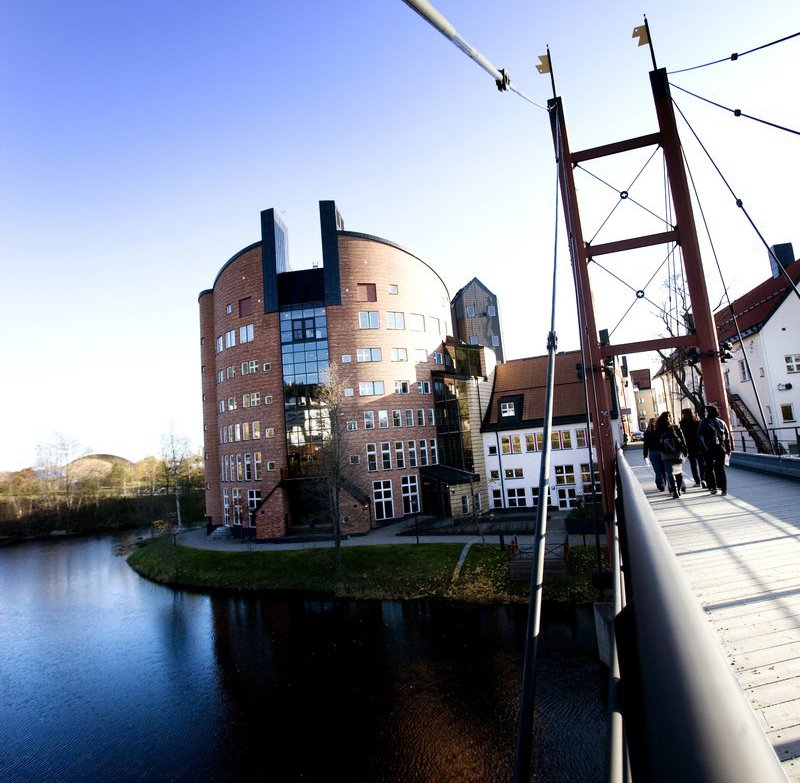
MIUN is a leading body in Sweden in Large Scale Assessments, one of the national universities responsible for teacher education in Sweden and a delegated body of Sundsvall Municipality the board of education. At Mid Sweden University, there are a number of different research groups in a variety of subjects. The Hand: Empowering teachers is part of the research group School and Educational Research (SkUf) with interest in knowledge production on education and school activities.
Within HAND:ET, MIUN is a lead partner in the development of the new content targeting diversity awareness for the upgraded HAND: Empowering Teachers (HAND:ET) Program. Researchers at MIUN, who also are involved in the development of the program have broad competence in the field of diversity, involving: multiliteracies, gender studies, diversity studies, social, cultural and lingual diversity in classroom and intersectionality.
You can learn more about the project on the official HAND:ET website, and to stay informed about the ongoing project activities and upcoming outputs follow official project Facebook or Twitter.
